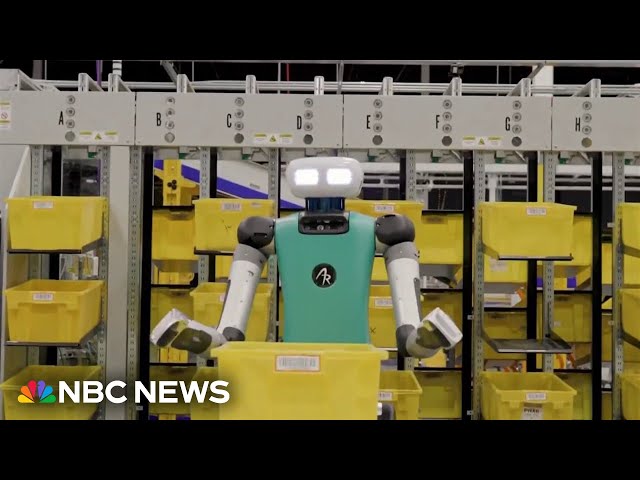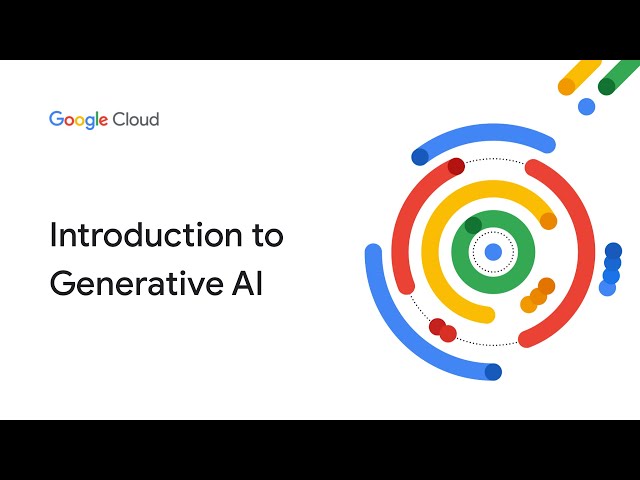Artificial Intelligence Resources and Information.
Artificial intelligence (AI) refers to the simulation of human intelligence in machines that are programmed to think and act like humans. These intelligent machines can be designed to perform tasks that typically require human intelligence, such as learning, decision making, and problem solving.
There are various types of AI, including:
- Rule-based AI: This type of AI follows a set of pre-defined rules to solve problems or make decisions.
- Machine learning: This type of AI involves the use of algorithms to enable machines to learn and adapt on their own, without being explicitly programmed.
- Neural networks: This type of AI is inspired by the way the human brain works, and involves the use of interconnected nodes to process and analyze data.
- Natural language processing: This type of AI enables machines to understand and generate human language, allowing them to communicate with humans in a more natural way.
AI has the potential to revolutionize a wide range of industries, including healthcare, finance, transportation, and education. However, the development and deployment of AI also raise ethical concerns, such as the potential for job displacement and the need to ensure that AI systems are fair and unbiased.
Advantages and Disadvantages of AI
Some potential advantages of artificial intelligence (AI) include:
- Increased efficiency: AI can perform tasks faster and more accurately than humans, which can help businesses save time and reduce costs.
- Improved decision-making: By analyzing large amounts of data, AI can help businesses make more informed decisions, leading to better outcomes.
- Enhanced customer service: AI-powered chatbots and other customer service tools can provide quick and personalized assistance to customers, improving their experience.
- New opportunities: The development and deployment of AI can create new job opportunities and industries.
However, there are also potential disadvantages to consider:
- Job displacement: AI has the potential to automate tasks that are currently performed by humans, which could lead to job displacement.
- Ethical concerns: AI systems can be biased if they are trained on biased data, and there are concerns about the ethical implications of decision-making by machines.
- Security risks: AI systems can be vulnerable to cyber attacks, which could lead to data breaches and other security issues.
- Lack of transparency: AI systems can be difficult to understand and interpret, making it difficult for people to understand how decisions are being made.
- Cost: Developing and implementing AI systems can be expensive, and small businesses may struggle to afford the necessary investments.
Cost Savings: Artificial Intelligence
There are several ways that artificial intelligence (AI) can help businesses save costs:
- Increased efficiency: By automating tasks and optimizing processes, AI can help businesses save time and reduce the need for labor, leading to cost savings.
- Improved decision-making: By analyzing large amounts of data, AI can help businesses make more informed decisions, leading to cost savings through better resource allocation and improved outcomes.
- Reduced errors: AI can help reduce the occurrence of errors, which can save businesses money by avoiding the costs associated with correcting mistakes.
- Enhanced productivity: AI can help businesses operate more efficiently by allowing employees to focus on higher-value tasks, increasing overall productivity and leading to cost savings.
- Improved supply chain management: AI can help businesses optimize their supply chain operations, leading to cost savings through more efficient use of resources and better management of inventory and transportation.
- Enhanced customer service: AI-powered chatbots and other customer service tools can provide quick and personalized assistance to customers, improving their experience and potentially leading to increased customer loyalty and sales.
What is Artificial Intelligence?
Further Information on Artificial Intelligence
Artificial intelligence (AI) is the ability of a computer or a robot controlled by a computer to do tasks that are usually done by humans because they require human intelligence and discernment. AI research has been highly successful in developing effective techniques for solving a wide range of problems, from game playing to medical diagnosis.
Here are some examples of AI:
- Self-driving cars: These cars use AI to navigate the road, avoid obstacles, and make decisions about speed and direction.
- Virtual assistants: These assistants, like Siri and Alexa, use AI to understand natural language and respond to user requests.
- Spam filters: These filters use AI to identify and block unwanted emails.
- Fraud detection: AI is used to detect fraudulent transactions, such as credit card fraud.
- Medical diagnosis: AI is used to help doctors diagnose diseases by analyzing medical images and data.
AI is a rapidly growing field, and there are many exciting new applications being developed all the time. As AI continues to evolve, it is likely to have a profound impact on our lives.
Here are some of the different types of AI:
- Machine learning is a type of AI that allows machines to learn without being explicitly programmed. Machine learning algorithms are trained on data, and they can then use that data to make predictions or decisions.
- Deep learning is a subfield of machine learning that uses artificial neural networks to learn. Neural networks are inspired by the human brain, and they can be used to solve a wide variety of problems, such as image recognition and natural language processing.
- Natural language processing is a field of computer science that deals with the interaction between computers and human (natural) languages. Natural language processing techniques are used in a wide variety of applications, such as machine translation, speech recognition, and text analysis.
- Computer vision is a field of computer science that deals with the extraction of information from digital images or videos. Computer vision techniques are used in a wide variety of applications, such as self-driving cars, facial recognition, and medical image analysis.
These are just a few of the many different types of AI. As AI continues to evolve, we can expect to see even more innovative and groundbreaking applications.





